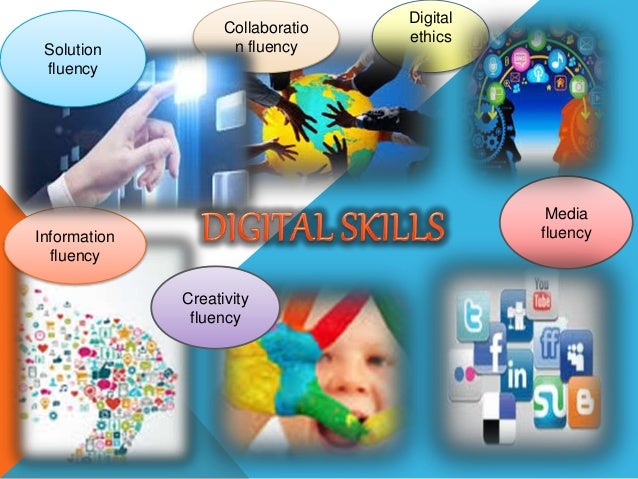The standard
student evaluation of learning must change. This is justified by the fact that
not only has the new generation changed into digital learners, but the
traditional world has metamorphosed into
a digital world.
Assessment
needs to conform, not with literacy of the past century but the new literacy in
21st century. This literacy uses digital tools in preparing students
to face high-tech world.
The
comparison is made with the Swiss watch-makers which failed to adapt digital
watch-making. The Swiss watch lost its prime position in less than 2 years of
neglect to the need to go digital.
Evaluation
must be geared to assessment of essential knowledge and skills so that learners
can function effectively, productively and creativity in a new world.
It must us
evaluative tools that measure the new basic skills of the 21st
century digital culture namely:
• solution
fluency
• information
fluency
• collaboration
fluency
• creative fluency
• media fluency and
• digital
citizenship
For example:
In reading, single text becomes less important compared with empowerment process of being imbibed by varied
informative, educational and recreational literature-textual, audiovisual,
digital. Apart from form reading, learners are asked to engage in the process
of writing reports, essays, articles, stories, power-point presentations, video
scripts, drama skills, etc. The standard paper tests will prove inadequate in
assessing new learning.
As students
engage in the problem solving process, assessment will also need to focus on 4 Ds (define, design, do, debrief) that
empower students to solve problems using higher-level theoretical and practical
thinking.
As
product-outcome learning changes from verbal-textual to textual to digital
expressions (research-based outputs in various forms such as audio, video,
power-point, multimedia, etc.) evaluation must also changed.
Mass Amateurization
A term which
implies a mass reach of student outputs. The personal and group creative
activities in school should aim in bridging the gap between amateur creators of
outputs to professional creators of future outcomes and products in the real
world.


No comments:
Post a Comment